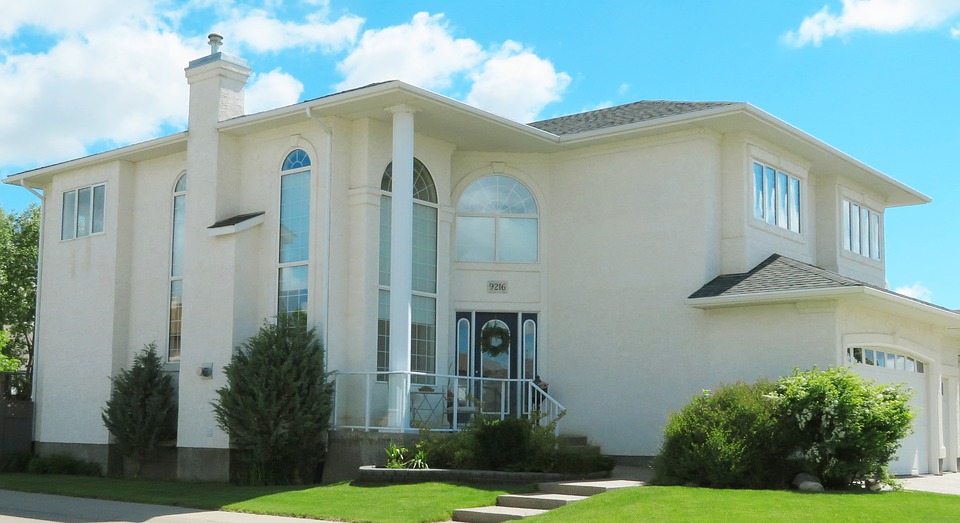It’s a stark good news, bad news story. The good: The lowest mortgage rates in recorded history are motivating many would-be home buyers and refinancing homeowners to seek out a loan. The bad: Amid the economic upheaval caused by the novel coronavirus, it’s become significantly more difficult to get one of those loans.
As more Americans are getting furloughed and pink-slipped, lenders—ever mindful of the housing bust of more than a decade ago—are requiring higher credit scores and larger down payments. Some have ceased making loans they consider riskier, such as those for self-employed borrowers and real estate investors; those that require lower credit scores and down payments; and those for larger amounts, such as jumbo mortgages. Or they may be jacking up fees to make the loans prohibitively expensive.
That will mean that some folks who still want to go ahead and take advantage of those record-low mortgage interest rates won’t be able to do so. Rates fell to just 3.23% on a 30-year fixed-rate loan for the week ending April 30, according to Freddie Mac.
That’s the lowest it’s been since Freddie Mac began tracking rates in 1971.
Yet the availability of mortgage credit dropped 16.1% in March—a clear indication that lending standards are tightening up, according to the Mortgage Bankers Association’s Mortgage Credit Availability Index. That’s the lowest level of the index since mid-2015.
Lenders have reasons to be cautious. Roughly 7% of mortgages were in forbearance as of April 19, according to the MBA. Experts predict the number of homeowners unable to make loan payments due to economic hardship will rise as the downturn drags on. Another wave of foreclosures may not be far behind when forbearance periods end, typically in 12 months.





